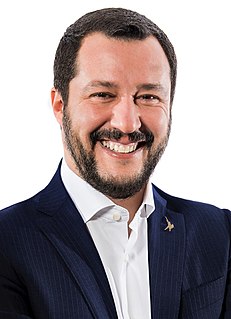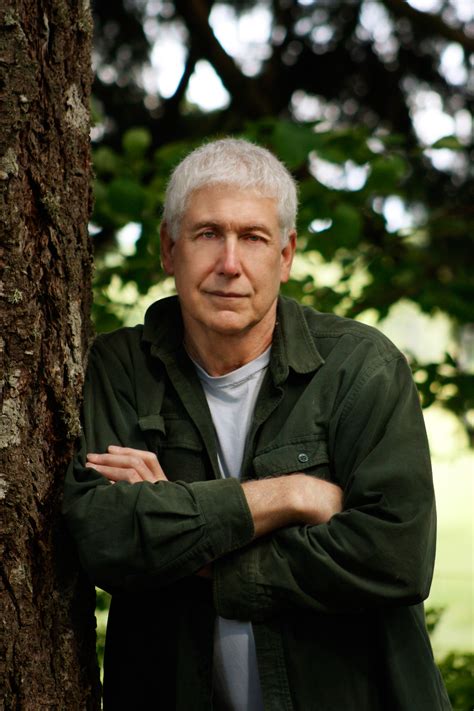A Quote by Winston Churchill
We are asking the nations of Europe between whom rivers of blood have flowed to forget the feuds of a thousand years.
Related Quotes
Crossing over mountains, rivers, arid oceans, setting at naught, as it were, the obstacles of the distance of space and time, the blood of Indian thought has flowed, and is still flowing into the veins of other nations of the globe, whether in a distinct or in some subtle unknown way. Perhaps to us belongs the major portion of the universal ancient inheritance.
Our adversaries, however, are doomed because we will never forget who we are. And if we don't forget who are, we just can't be beaten. Americans will never forget. The nations of Europe will never forget. We are the fastest and the greatest community. There is nothing like our community of nations. The world has never known anything like our community of nations.
A first attempt to recover the right of self government may fail, so may a second, a third, etc. But as a younger and more instructed race comes on, the sentiment becomes more and more intuitive, and a fourth, a fifth, or some subsequent one of the ever renewed attempts will ultimately succeed... To attain all this, however, rivers of blood must yet flow, and years of desolation pass over; yet the object is worth rivers of blood and years of desolation. For what inheritance so valuable can man leave to his posterity?
I do not know if the doctrine that the nation-state arose in the 19th century was still being taught:;... but it is erroneous. The nation-state reaches back far into the origins of Europe itself and perhaps beyond. If Europe was not always a Europe of nations, it was always a Europe in which nations existed, and were taken for granted, as a basic form of the State.
I've known rivers: I've known rivers ancient as the world and older than the flow of human blood in human veins. My soul has grown deep like the rivers. I bathed in the Euphrates when dawns were young. I built my hut near the Congo and it lulled me to sleep. I looked upon the Nile and raised the pyramids above it. I heard the singing of the Mississippi when Abe Lincoln went down to New Orleans, and I've seen its muddy bosom turn all golden in the sunset. I've known rivers: Ancient, dusky rivers. My soul has grown deep like the rivers.
On April 2, the nurses started my first round of five intravenous immunoglobulin (IVIG) infusions. The clear IV bags hung on a metal pole above my head, their liquid trickling down into my vein. Each of those ordinary-looking bags contained the healthy antibodies of over a thousand blood donors and cost upwards of $20,000 per infusion. One thousand tourniquets, one thousand nurses, one thousand veins, one thousand blood-sugar regulating cookies, all just to help one patient.
If the resources of different nations are treated as exclusive properties of these nations as wholes, if international economic relations, instead of being relations between individuals, become increasingly relations between whole nations organized as trading bodies, they inevitably become the source of friction and envy between whole nations.
The Thirty Years' War, 1618-1648, was a series of conflicts that became the last great struggle of religious wars in Europe. It was fought almost exclusively on German soil...but before the war ended, it involved most of the nations of Europe. The underlying cause of the war was the deep-seated hostility between the German Protestants and German Catholics - with the Jesuits and Cardinal Richelieu, who was the real ruler of France, fanning the fires to accomplish their ends.
Archetypes resemble the beds of rivers: dried up because the water has deserted them, though it may return at any time. An archetype is something like an old watercourse along which the water of life flowed for a time, digging a deep channel for itself. The longer it flowed the deeper the channel, and the more likely it is that sooner or later the water will return.









































